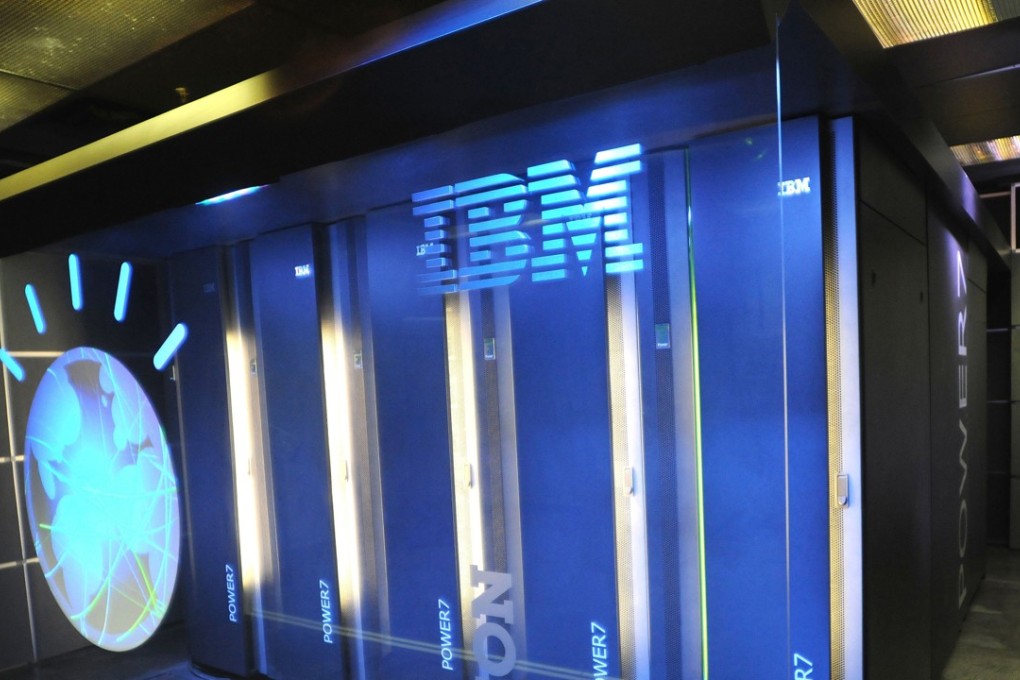Artificial Intelligence: the doctors Chinese patients can’t beat up
The use of artificial intelligence in diagnosing and treating cancer and other illnesses could help ease the load on China’s overburdened health care professionals – and they can’t be physically assaulted

For Zhao Changlin, an oncologist at a hospital in Guangzhou city, China, life is full of challenges. One of his patients, a woman with late-stage breast cancer, recently begged him to stop her chemotherapy, saying she could no longer bear the pain.
Zhao knows only too well the torment the woman is going through – seeing people in pain is an unfortunate but everyday part of his job. He also knows that giving up the treatment could be fatal.
“She is only 54 years old. If she continues the treatment, she may have another 20 years in front of her,” Zhao said.
In cases like these, Zhao often consults another expert – one from America who, despite the distance, never takes long to weigh up the options and reply. Indeed, after Zhao has turned on his computer, typed in the patient’s medical data and clicked the button saying “Ask Watson”, it can be as little as 15 seconds before Watson has replied with a comprehensive list of treatment options and detailed explanations.
Why 2017 will be Asia’s year for artificial intelligence
If Watson sounds too superhuman to be true, that’s because he is – not human, that is. Watson is an artificial intelligence construct, “born” in an IBM lab and “trained” by researchers at the Memorial Sloan Kettering Cancer Centre in New York City.